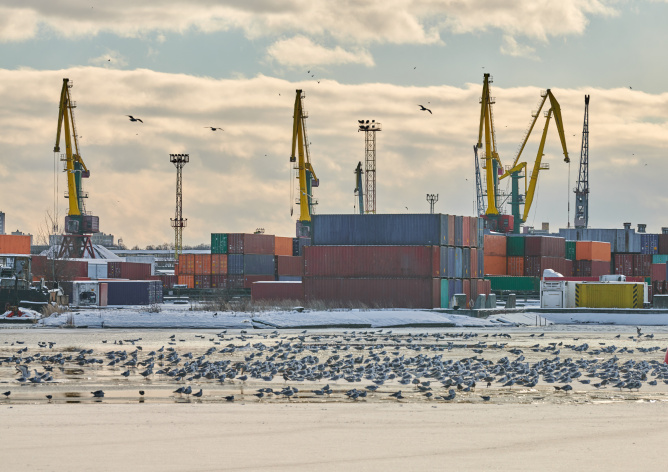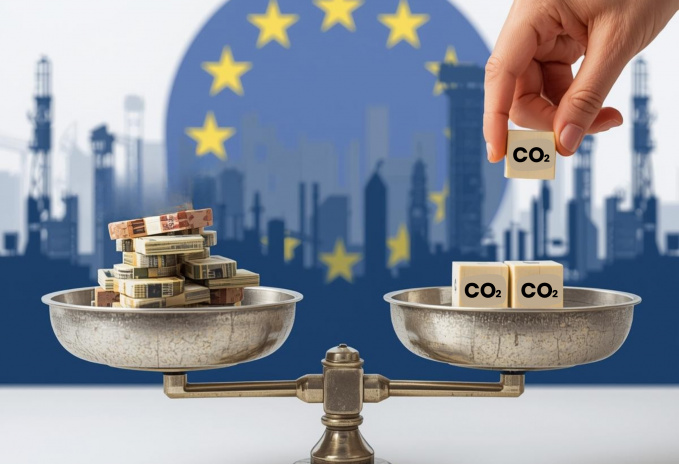Newsletter 15/2023: Actual situation in international transport
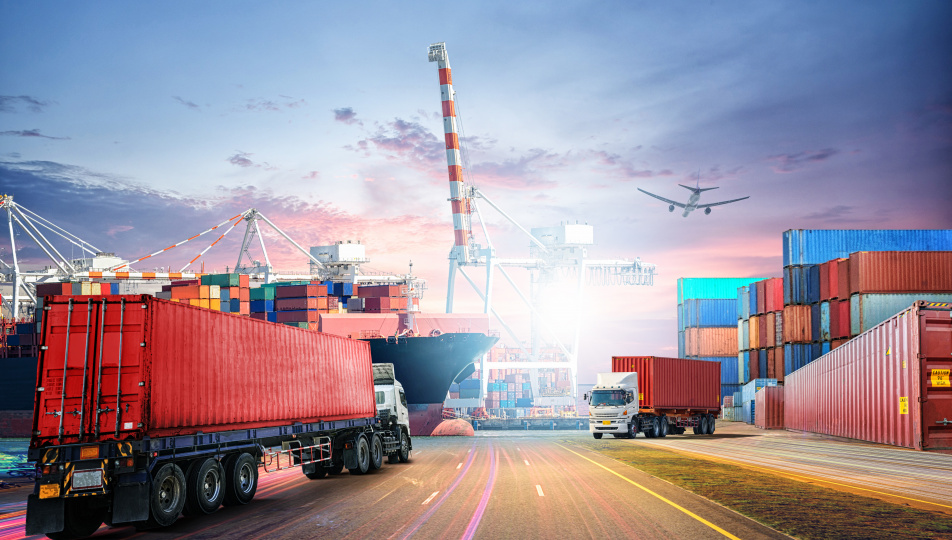
Prices for shipments from the Far East to Europe have come under market pressure to levels that are economically unprofitable for shippers.
OCEAN TRANSPORT
Imports from the Far East
Exports
AIR TRANSPORT
The rise in airfares from China to Europe appears to have peaked last week and this week rates have stabilised thanks to a slight improvement in capacity.The only airport now facing traffic difficulties due to heavy snowfall is Beijing airport where the vast majority of international flights have been cancelled.Thus, it can be said that the situation at all major Chinese airports is stable and smooth although the current available departure dates for standard bookings are in the middle of next week.However, it is still possible to arrange immediate departure of a shipment and its arrival in the Czech Republic within 1-2 days at additional rates.
Export capacity from the Czech Republic is still smooth despite increased demand over the last two months and the current pre-Christmas rush, although some air carriers have reached their current capacity and have flights filled sometimes up to a week in advance and will be strengthening their capacity for these reasons. One example is Qatar Airways which will operate daily service to Prague on a wide-body Boeing 787 Dreamliner from 1 January 2024.So there is nothing to prevent the fast and reliable handling of export shipments even in this hectic pre-Christmas period.
ICS2 implementation deadline for maritime transport postponed
Hong Kong port at a dead end?
For those of you who had the opportunity to visit Hong Kong back in the mid-1990s, you will remember that planes used to fly into Kai Tak Airport, which was located in Hong Kong's mainland Kowloon. The single runway was not only a challenging landing and take-off maneuver for the aircrews, but also a certain adrenaline rush for both the passengers of the planes and the tourists watching the planes land just above the city.https://www.youtube.com/watch?v=A0bxgcJZrro
https://www.youtube.com/watch?v=M5jrPCyvxEE
Is something similar in store for the Port of Hong Kong?
Splash247 sees the future of the port in its relocation. The relocation should be done in a coordinated way so that the eventual new port replaces not only the existing Hong Kong port but also some other ports in the so-called Greater Bay Area - such as the smaller ports of Shekou, Chiwan and Mawan, which have a similar problem of not being able to expand in area. The relocation would also free up space for the highly desirable housing and commercial development in Hong Kong.The way out is therefore seen as building an entirely new port with modern infrastructure and a unified IT platform somewhere near Chek Lap Kok airport. Will this plan succeed as the airport relocation did, or will Hong Kong and other smaller ports in the Greater Bay Area settle for a receding role?
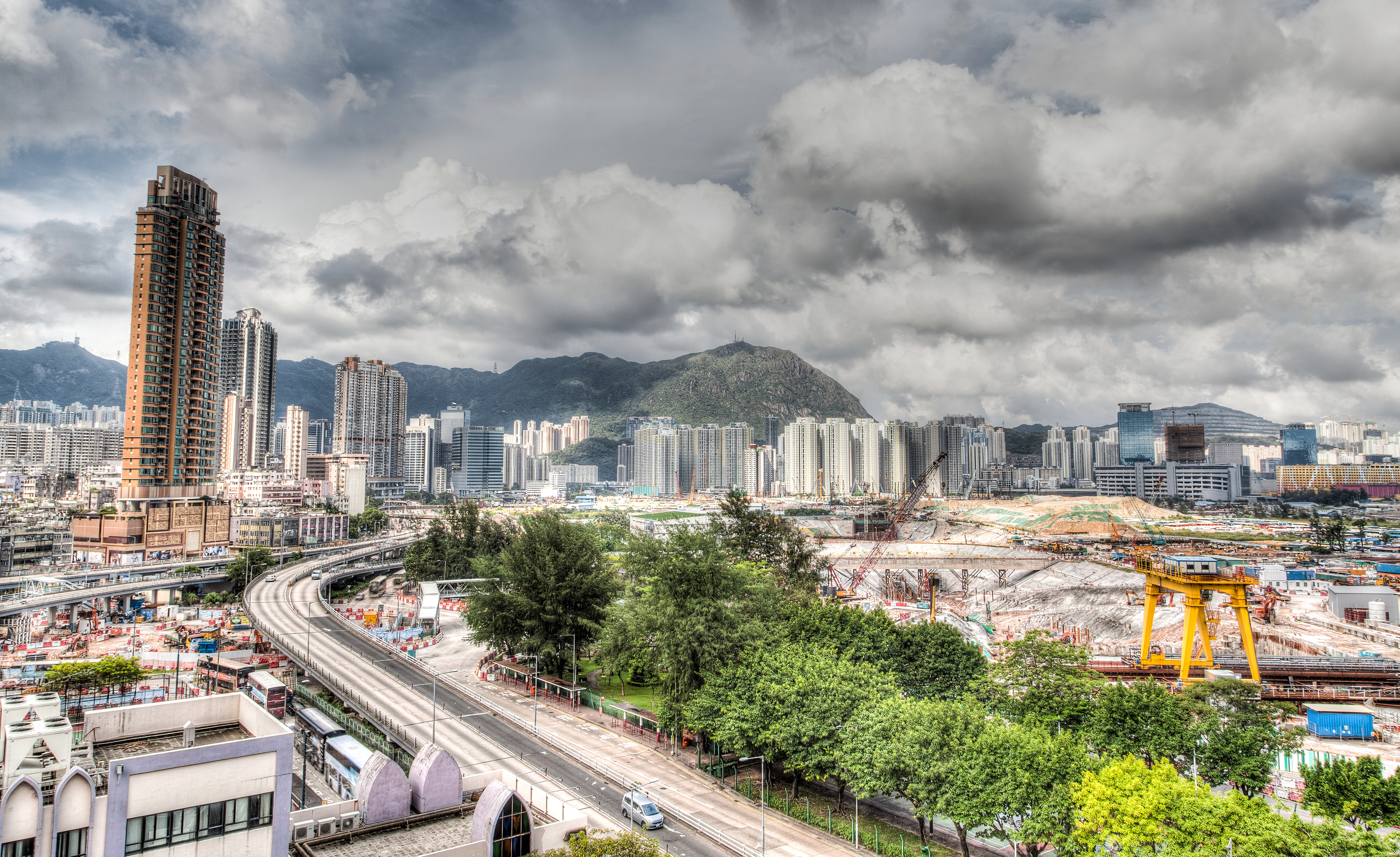
Toll increases in Austria and Hungary
Austria is introducing CO2 tolls just one month behind Germany.
The toll in Hungary is also almost doubling. Both of these measures will have a significant impact on the price of transport not only to these countries, but also for transit traffic, especially to the Balkans, but also to Italy.

What is the year ahead of us?
Green. Environmental charges in transport are introduced (tolls on roads, ETS - EU Emission Trading System in maritime transport). The so-called carbon duty (CBAM) is being reported, and will start to apply in 2026. All this - and other measures yet to come - will result in increased administrative burdens and further price increases.Digital. The development of artificial intelligence will increasingly speak to systems in logistics and transport chains. We will be launching a completely new version of our eSTONE that will partly use AI-generated data. It will not only be able to track shipments in real time, but will provide ongoing reports on your shipments and will add many other features. We are very excited and believe you have a lot to look forward to as well.
So let's hope that the increased environmental costs are put to good use and that AI is a good servant and not an evil master.
Have a peaceful Christmas and a prosperous 2024.
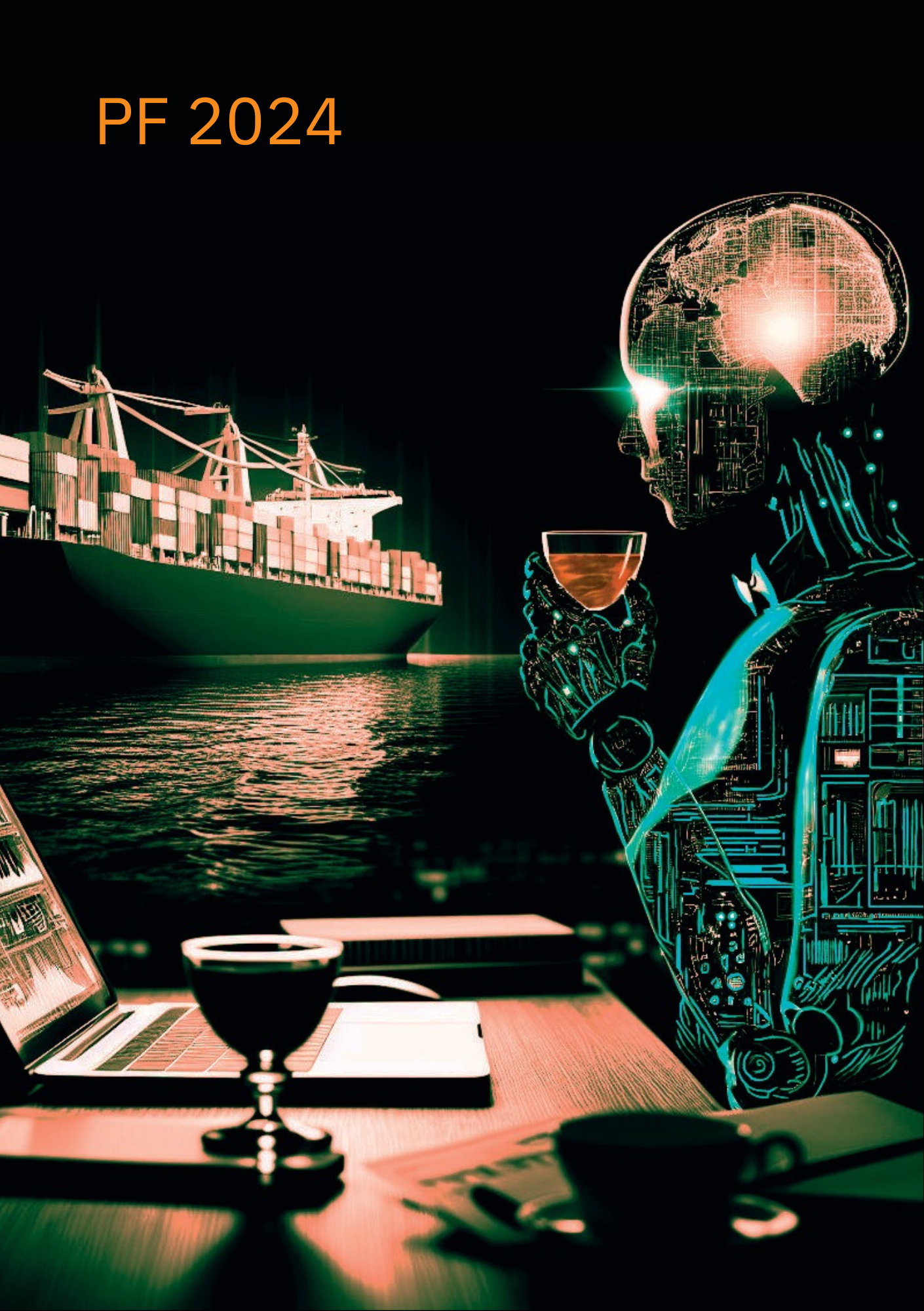
Graphic created by AI based on the brief "artificial intelligence shipping industry new year 2024"
